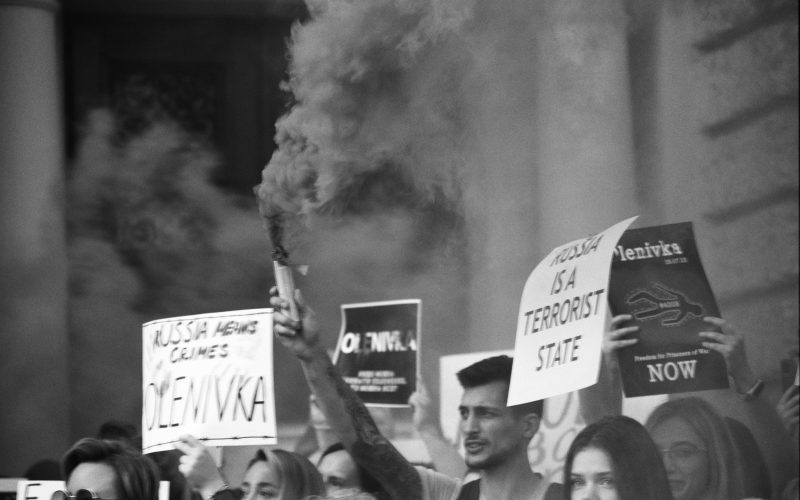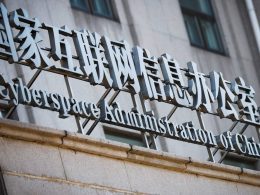In a shocking announcement today, Russian President Vladimir Putin claimed that his country had sent nuclear warheads to Belarus, escalating tensions and causing an immediate uproar in the international community. The statement, made during a press conference in Moscow, caught many by surprise and has sparked fears of a renewed Cold War-era arms race.
According to Putin, the decision to send nuclear warheads to Belarus was a response to the growing military presence of NATO forces near Russia’s borders. He argued that this move was necessary to ensure Russia’s national security and maintain a balance of power in the region.
The international response to Putin’s claim has been swift and condemning. Leaders from various countries expressed deep concern over the escalation of tensions, calling for restraint and diplomatic solutions. NATO Secretary General, Jens Stoltenberg, expressed alarm and urged Russia to reconsider its actions, emphasizing the importance of dialogue to avoid any potential miscalculations.
However, it is important to note that no independent verification of Putin’s claim has been provided at this time. The Russian government has yet to present concrete evidence or allow international inspections to confirm the presence of nuclear warheads in Belarus. Until such evidence is provided, skepticism and caution should be exercised.
The situation in Belarus has already been a subject of intense scrutiny in recent months. The country has faced widespread protests following disputed elections and allegations of human rights abuses by the government. The deployment of nuclear warheads, if confirmed, would undoubtedly raise the stakes and further complicate the already delicate geopolitical dynamics in Eastern Europe.
As journalists, it is our duty to verify information and uncover sources independently. In light of Putin’s claim, news organizations and intelligence agencies must employ rigorous research techniques and engage with credible sources to establish the veracity of this development. It is crucial to maintain journalistic integrity and adhere to ethical standards, ensuring that accurate reporting takes precedence over sensationalism or speculation.
In the coming days, it is expected that international organizations, such as the United Nations and the International Atomic Energy Agency (IAEA), will launch investigations into Putin’s claim. These organizations will play a crucial role in assessing the situation and providing unbiased assessments to the global community.
As the story unfolds, we must remain vigilant in our pursuit of the truth. We must continue to seek multiple perspectives, verify information rigorously, and report with transparency and accuracy. It is only through responsible journalism that we can navigate the complex web of international relations and contribute to a more informed and enlightened society.
Opinion Piece (Author’s Perspective):
Title: Escalating Nuclear Tensions: A Dangerous Game of Power
In the realm of international politics, rhetoric and saber-rattling have become alarmingly commonplace. However, when a leader like Vladimir Putin casually announces the deployment of nuclear warheads to a neighboring country, it is a wake-up call that demands immediate attention.
Putin’s claim is undoubtedly a provocative move, with the potential to disrupt the fragile balance of power in Eastern Europe. While his reasoning revolves around ensuring Russia’s national security, the decision to deploy nuclear weapons raises profound concerns about the path we are treading.
Nuclear weapons are not mere bargaining chips or tools to assert dominance. They are weapons of mass destruction with the capacity to inflict unimaginable devastation. The deployment of nuclear warheads to Belarus represents a dangerous escalation, reminiscent of the darkest days of the Cold War.
At a time when international cooperation and diplomacy are desperately needed, this move by Russia only exacerbates tensions and undermines efforts to build trust and dialogue. It sends a chilling message to the world that the era of strategic disarmament and nuclear non-proliferation may be coming to an end.
In the face of such alarming developments, the international community must












